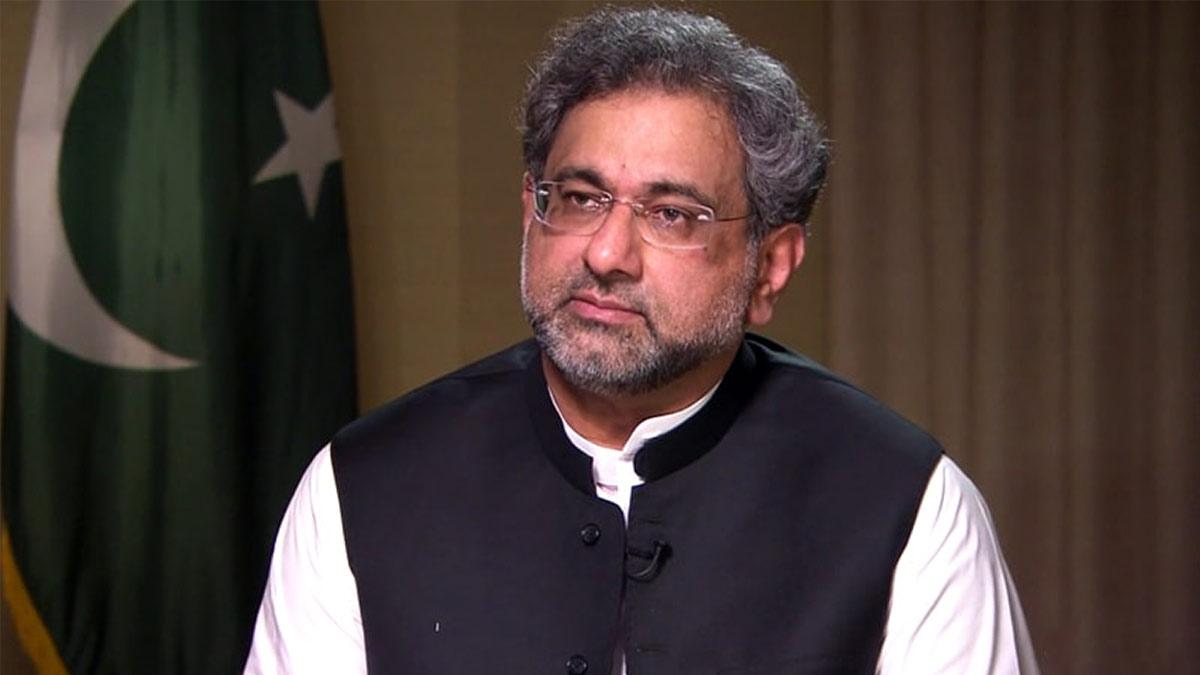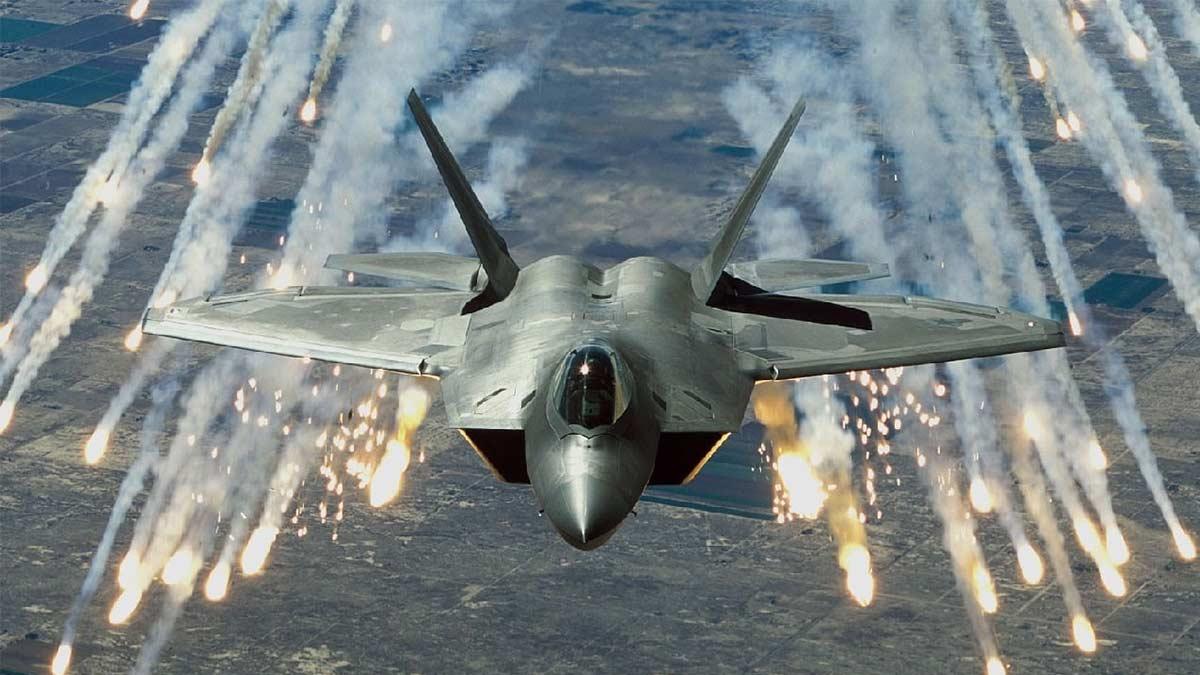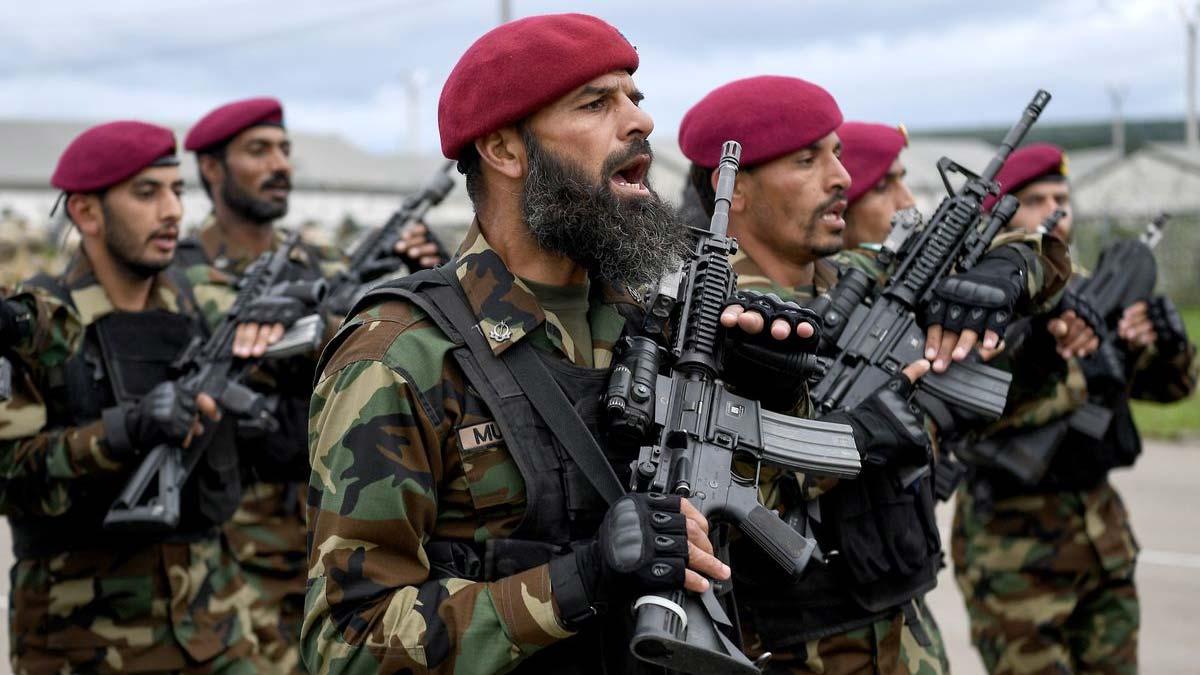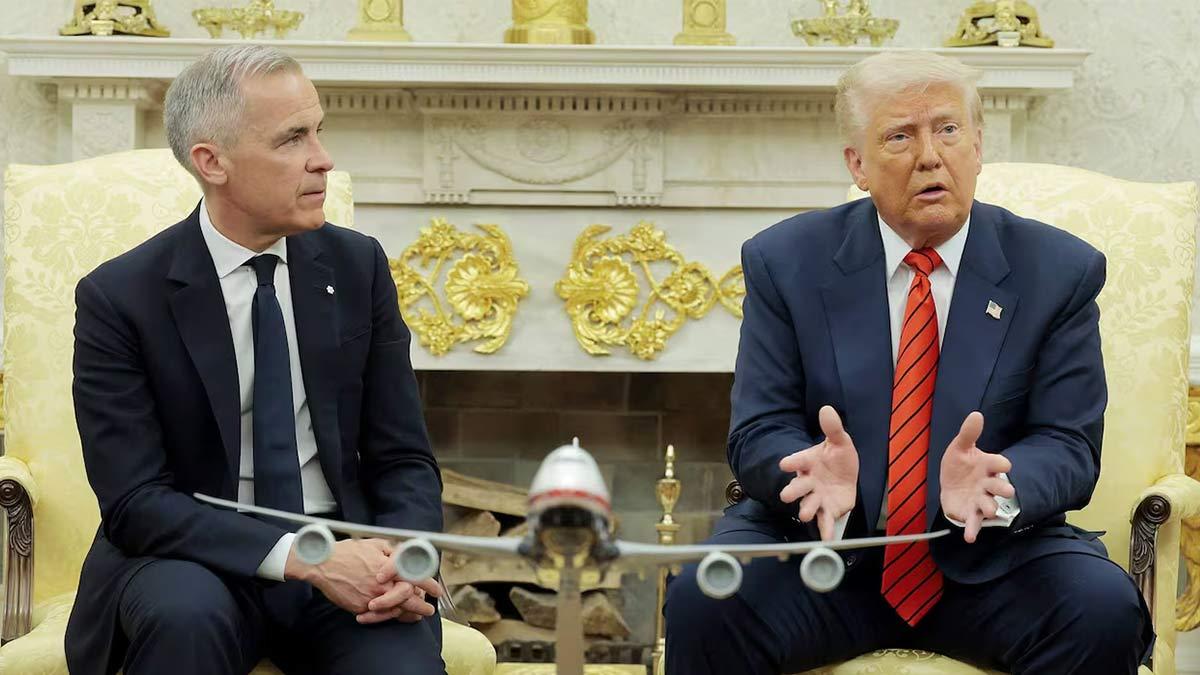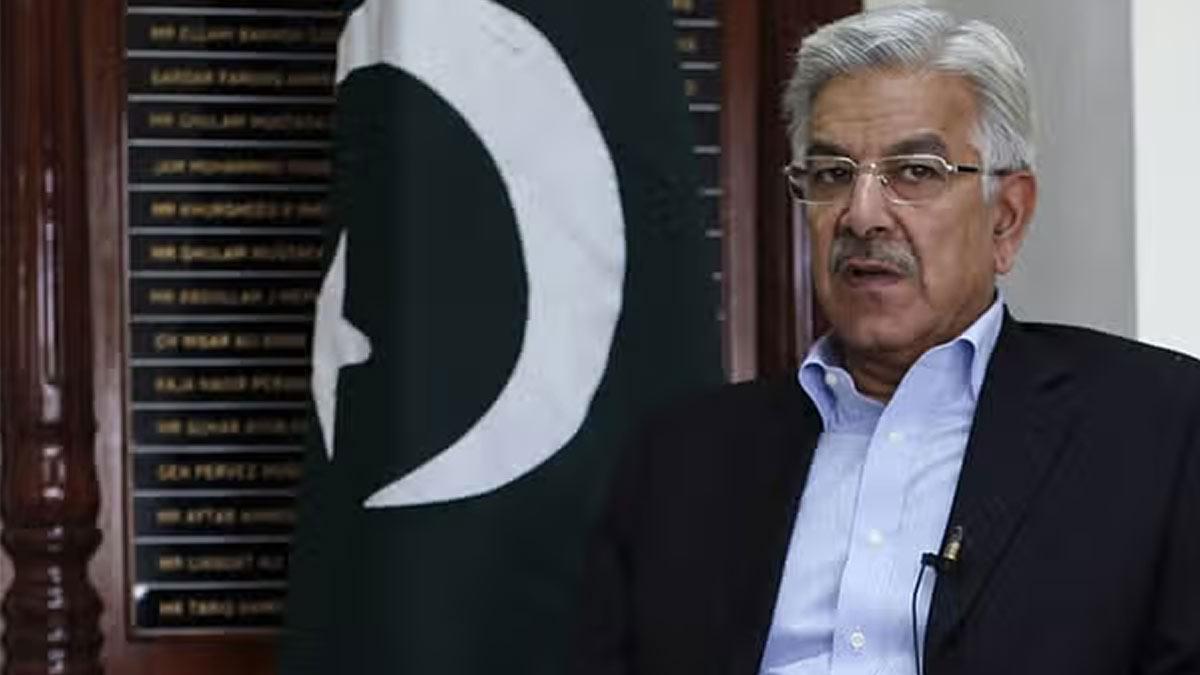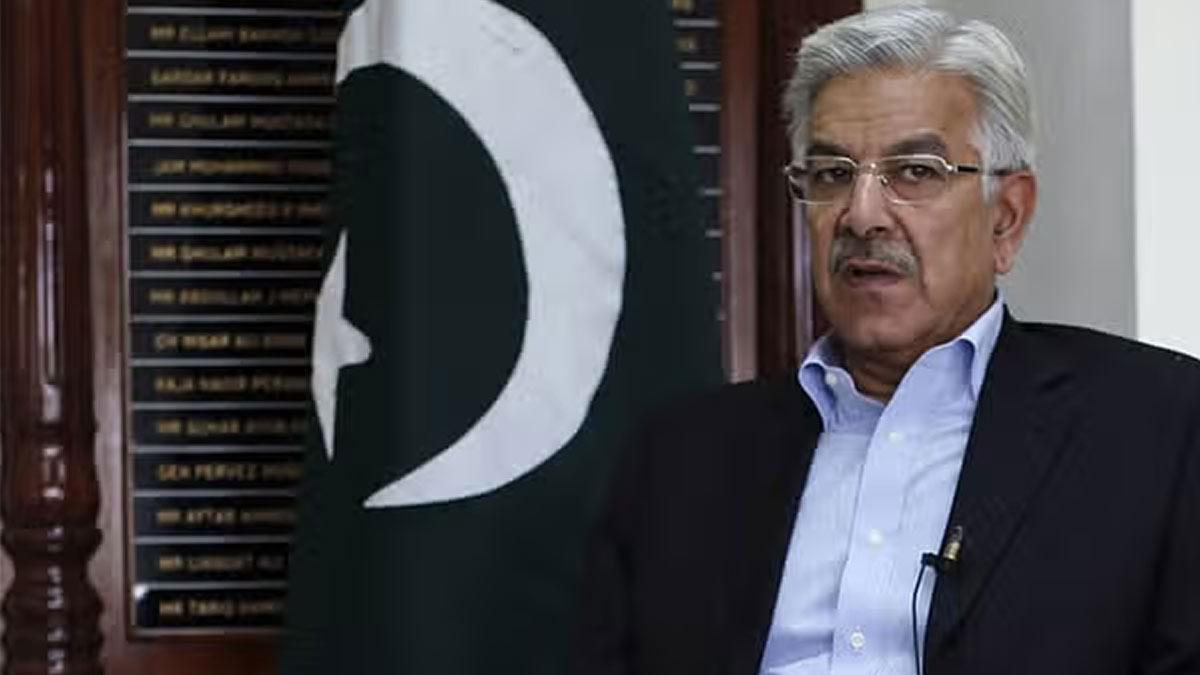As Pakistan is trying to deal with India's Sindoor operation strikes on terror training camps, it is also battling a rising concern within its own territory: losing control over Balochistan.
Former Pakistani Prime Minister Shahid Khaqan Abbasi says the situation in the province is critical and Islamabad is losing control over the province.
Abbasi is convinced that the state's grip has weakened considerably, especially at night when even senior officials and ministers are reluctant to go out without armed guards.
This is in contrast to the version of events put forward by Pakistan's Army Chief, General Asim Munir, who has played down the scale of the insurgency in the province, saying only a few dozen rebels are behind the violence.
In an insightful May 5 interview, Abbasi talked openly of the situation in Balochistan, insisting the climate of fear and uncertainty prevailed on a mass scale. Abbasi also discredited General Munir's claim that only 1,500 people were responsible for the province's instability. Abbasi disagreed, stating, "whatever Asim Munir says is his view, I am merely speaking what I saw."
Abbasi’s statements seem to have been validated just a day later when fighters from the Baloch Liberation Army (BLA) carried out two attacks in Balochistan, killing 14 Pakistani soldiers. These incidents highlight the growing unrest in the region, where armed Baloch rebels are now openly patrolling highways, establishing checkpoints, and even controlling urban areas for hours at a time.
Abbasi, who was Prime Minister of Pakistan between 2017 and 2018, noted that the situation in Quetta, the provincial capital, is especially dire. He added that once night falls, the state's presence on the ground virtually vanishes, which, in his opinion, indicates the decline of Pakistan's power in Balochistan. Abbasi said, "This is not a collapse of law and order. It is a sign of the state's declining authority."
Pakistan's Military Challenges in Balochistan
Abbasi's statement follows intensified Baloch separatist attacks, mainly by the BLA, that have widened the scope of both Pakistani security forces and Chinese projects under the China-Pakistan Economic Corridor (CPEC). With its resource endowment of minerals and position, Balochistan has traditionally been the point of focus of ethnic Baloch complaints regarding economic exclusion, abuse of human rights, and manipulation of the country's natural resources by the state and extranational entities.
The Pakistani army's brutal response, including enforced disappearances and extrajudicial executions, has only strengthened the resistance. Increasing numbers of Baloch women, previously passive victims, have turned to arms in defiance, some even becoming suicide bombers in a manifestation of the growing anger and resolve within the community.
One of the most dramatic attacks took place in March when BLA militants hijacked the Jaffar Express train, blowing up explosives and firing at the vehicle, killing a minimum of 40 Pakistani security personnel. It was part of a broader increase in violence during 2024, with the South Asia Terrorism Portal recording a 40% rise in casualties during Balochistan compared to the preceding year.
The Strategic Importance of Balochistan
Abbasi’s remarks hold considerable weight given Balochistan’s importance to Pakistan’s economy and its geopolitical significance. The province houses critical infrastructure projects, most notably the Gwadar Port, which is a key part of the Chinese-funded CPEC initiative. The inability of Pakistan’s security forces to maintain control over major urban centers like Quetta and remote areas such as Mach, Turbat, and Panjgur, where BLA activity is rampant, highlights the vulnerabilities in the state’s control.
Abbasi’s criticism also underscores the disconnect between Pakistan’s military leadership and the ground realities in Balochistan. His condemnation of General Munir’s assessment — that the unrest can be blamed on a small group of 1,500 individuals — serves as a critique of the Pakistani Army’s failure to address the broader, systemic issues in the province. According to Abbasi, this oversimplified view only avoids confronting the real problem: the state’s diminishing control over Balochistan.
Conclusion: A Region Outside Pakistan's Reach?
As Balochistan falls increasingly out of Islamabad's hands, it represents an increasingly untenable challenge to the Pakistani state that it cannot continue to brush aside. As more and more attacks are mounted against military targets, civilian installations, and Chinese-funded initiatives, the instability in the province is a threat still very much intact to Pakistan's internal security.
Abbasi’s dire warnings about the situation in Balochistan suggest that Pakistan’s federal and military leadership must confront the escalating unrest rather than downplay it. As Baloch rebel groups, particularly the BLA, show no signs of relenting, the situation is poised to become one of the most pressing issues for Pakistan’s governance and security in the years to come.
Read also| Pakistan Notifies UNSC, Asserts Right to Respond to Operation Sindoor
Read also| Trump Urges Swift Resolution Amid India-Pakistan Tensions

